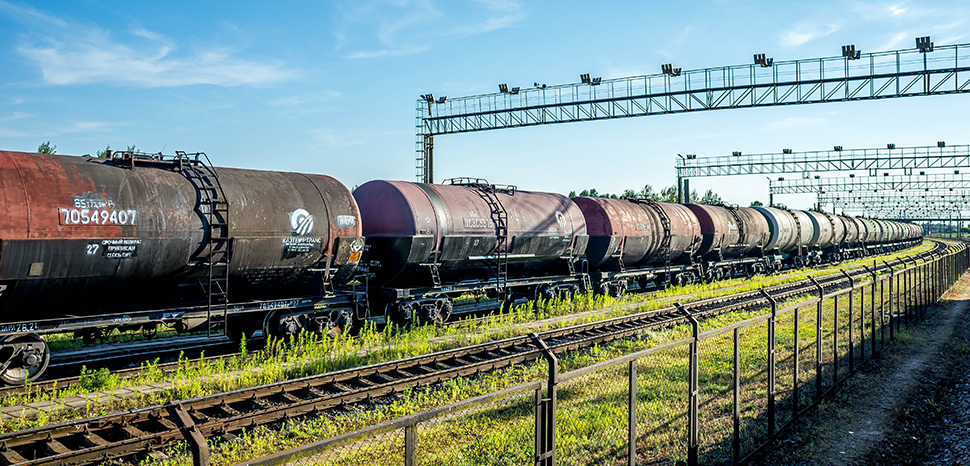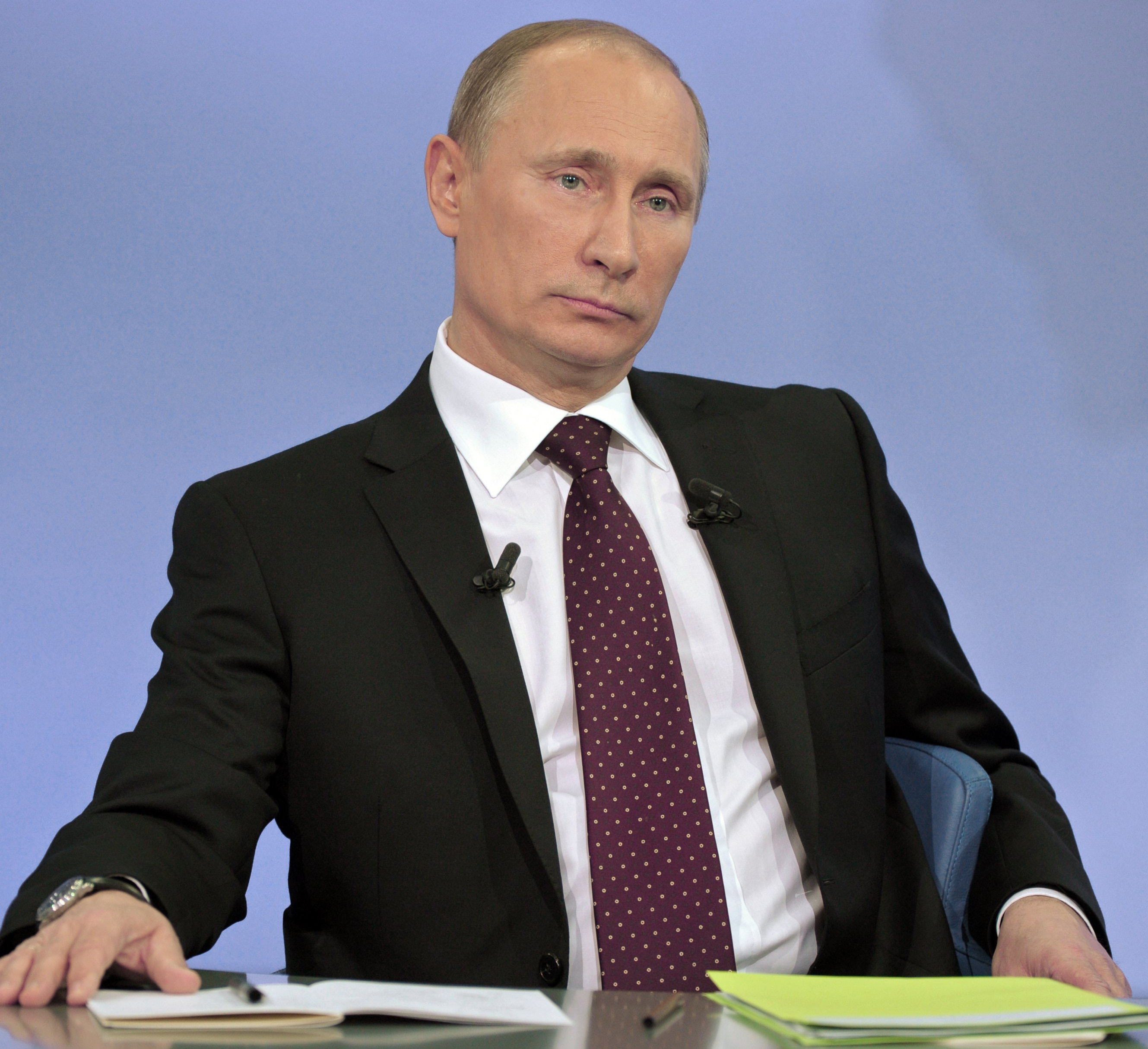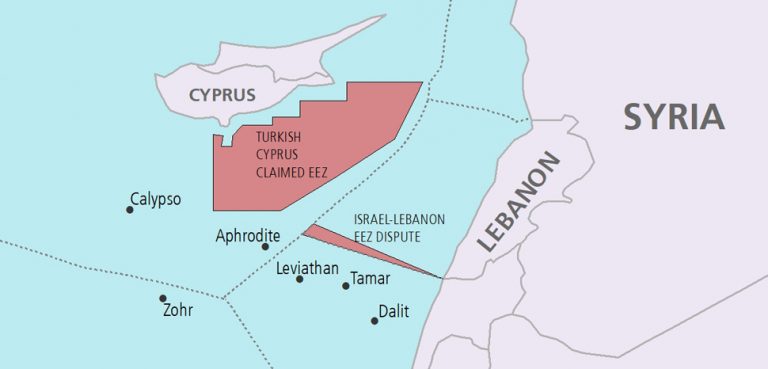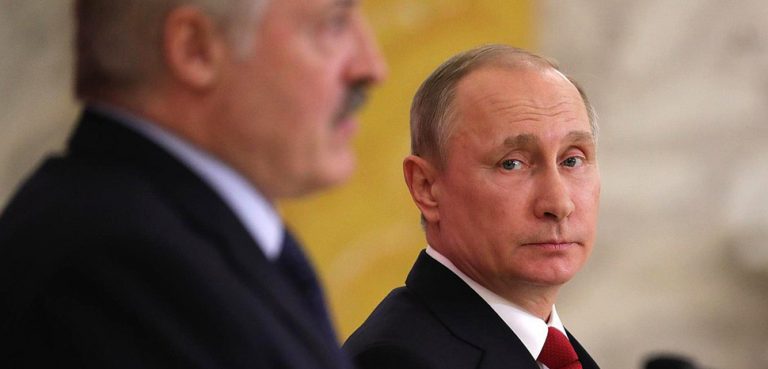The sanctioning effort by the West has thus far failed in its objective of deterring Russian aggression and creating serious economic costs back home.
The list of first-wave sanctions is a long one: asset freezes of wealthy and politically-connected individuals, financial sanctions (including a ban from the global SWIFT payments system), the sanctioning of various political and financial groups associated with the conflict, and new restrictions on fossil fuels and sensitive technologies, to name a few. Yet despite this effort – unprecedented in both the breadth of sanctions and the extent of the coalition implementing them – the Russian economy has managed to weather the storm: a 3.3% economic contraction is expected for 2022 (far better than the initial prediction of a 7-8% drop), inflation is hovering around 12% (not far off from the year-on-year rates of Western countries), foreign reserves remain as high as $300 billion, and the engine of the fossil fuel industry continues to churn out revenue for the state.




